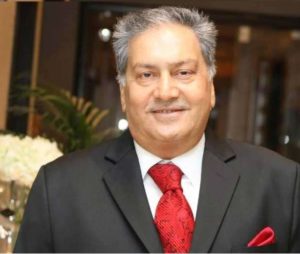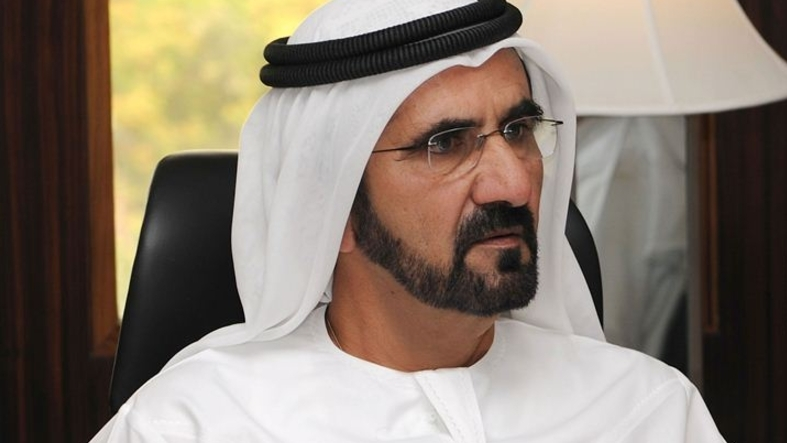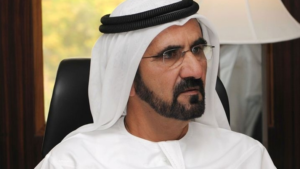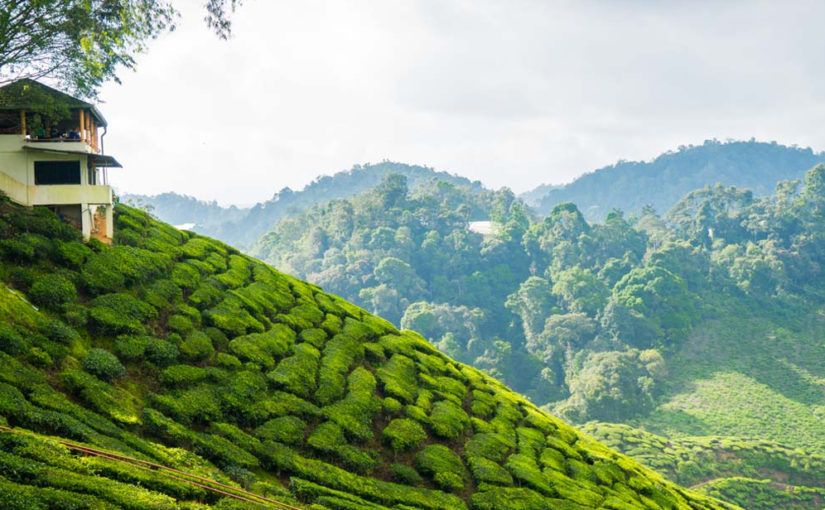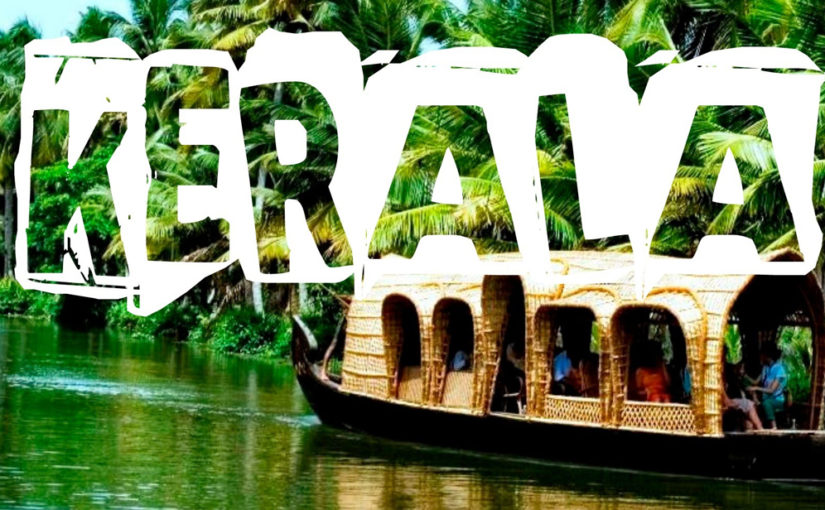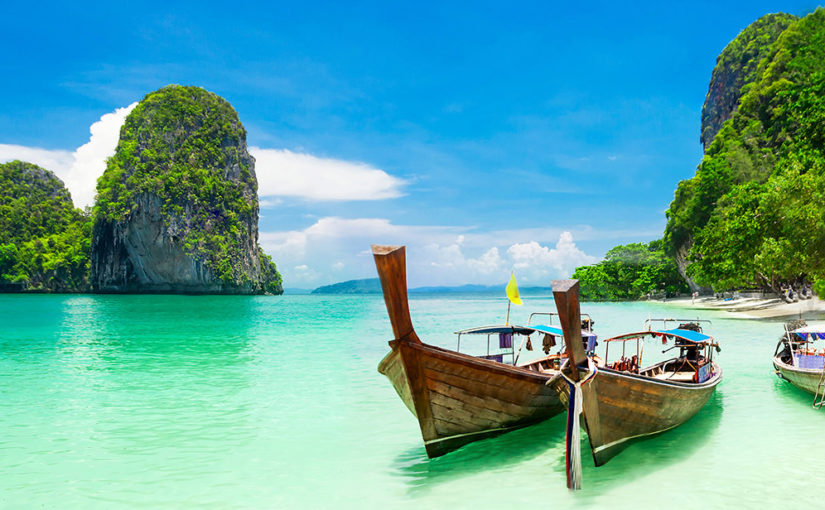The landmark investment reform allowing 100 per cent foreign ownership is set of take full effect with the UAE Cabinet identifying 122 business activities across 13 economic sectors to come under the purview of the transformational legislation.
On Tuesday, the UAE Cabinet, chaired by His Highness Sheikh Mohammed bin Rashid Al Maktoum, Vice-President and Prime Minister of the UAE and Ruler of Dubai, specified the activities eligible for full foreign ownership.
“Today, I chaired a session of the Council of Ministers in Abu Dhabi, during which we adopted a resolution allowing 100 per cent foreign ownership in UAE’s 122 economic sectors, giving foreigners 100 per cent ownership of their investment. The sectors include agriculture, manufacturing, renewable energy, e-commerce, transportation, arts, construction, entertainment among others,” Sheikh Mohammed tweeted.
The Cabinet meeting was attended by Lt-General Sheikh Saif bin Zayed Al Nahyan, Deputy Prime Minister and Minister of Interior; and Sheikh Mansour bin Zayed Al Nahyan, Deputy Prime Minister and Minister of Presidential Affairs.
The game-changing foreign ownership law, announced in November 2018, is among a series of economic reforms of far-reaching impact initiated by the UAE in the recent past to give a much-needed fillip to foreign direct investments. Before this law, 100 per cent foreign ownership of businesses was possible only in designated business parks known as free zones.
The eagerly-anticipated announcement seeks to support the growth environment and reaffirm the UAE’s position as a global hub for investment, state news agency Wam reported. Activities coming under the ambit of the law include transport and storage, which allows investors to own projects in the field of e-commerce transport, supply chain, logistics, cold storage for pharmaceutical products, hospitality and food services, information and communications, as well as professional, scientific and technical activities, thereby allowing for ownership in laboratories for research and development in biotechnology, administrative services, support services, educational activities, healthcare, art and entertainment, and construction.
Local governments will determine the ownership percentage of foreign investors in these activities, Wam said, suggesting that individual emirates could apply different limits to foreign ownership in the same sector or activity.
UAE Minister of Economy Sultan bin Saeed Al Mansouri has said the foreign direct investment (FDI) law would increase capital inflows by as much as 20 per cent, up from an average of eight per cent.
Under the provisions of the FDI law, there are three categories of sectors. The first, ‘the positive list’ will be open to FDI. A second – the ‘negative list’ – will be limited to national investment. A third category includes sectors not included in the positive list but in which FDI projects could be approved at the request of local officials and Investment Committee’s recommendation.
The ‘negative list’ of sectors, where the full foreign ownership is not permitted, contains 14 industries, including oil exploration and production; investigation, security, military; banking and financing activities; insurance; pilgrimage and Umrah services; certain recruitment activities; water and electricity provision; fishing and related services; post, telecommunication and other audio visual services; road and air transport; printing and publishing; commercial agency; medical retail (including pharmacies); and blood banks, quarantines and venom/poison banks.
“The move will facilitate more investments by the expat community. It will encourage more investors to bring fresh capital into the country. The recent moves, including the UAE Gold Card residency law, has already spurred the inflow of additional investments. Full ownership will be a further fillip,” said Dr Azad Moopen, founder chairman and managing director of Aster DM Healthcare.
Paras Shahdadpuri, chairman, Nikai Group of Companies, said the path-breaking initiative is well-timed, given the challenging business and economic environment prevailing in the region.
“In fact, this has been a long-standing demand of the business community who strongly felt that when they have invested 100 per cent foreign equity and manage the entire business, they still need to follow the rule of 51:49 ownership. Opening up 100 per cent ownership will, in fact, open doors wider for foreign investments, generating large scale employment and further fuelling the economic growth,” said Shahdadpuri.
Rizwan Sajan, founder and chairman of Danube Group, said steps like these would boost foreign direct investment. “Sectors such as agriculture, manufacturing, e-commerce, transportation, construction will definitely leverage from this announcement and any development in these divisions will help enhance the economy.”
Will Seivewright, partner and head of corporate for the Middle East, DLA Piper, said there is still an open question as to how local governments will apply these changes and ultimately what level of foreign ownership will be permitted. “This is, nonetheless, an exciting development that will have a profound effect on the sectors that are listed. As anticipated, the affected sectors align with the government’s strategic technological and environmental objectives and will further enhance the UAE’s position as a hub for global investment.”
Abhishek Sharma, founder & CEO, Foundation Holdings, said the UAE has continued to march up the ease of doing business index. “Higher rankings normally indicate better, usually simpler, regulations for businesses and stronger protections of property rights. With his new transformational announcement, the UAE continues to be at the forefront of implementing economic policies that not only enhance global competitiveness but also facilitate innovation in local businesses.”
Kamal Vachani, group director, Al Maya Group, welcomed the UAE Cabinet decision.
“The decision will further boost the economy of the country and the confidence of investors as well as encourage residents to invest further here,” he said.
Apart from attracting new investors and talents, it will enhance the global competitiveness of the national economy, he added.
The Cabinet adopted the development of a linking system between the pension funds. The system aims at facilitating the transfer of employees among the federal, local and military sector. This will enhance the access of the Emirati employees to better insurance benefits, and increase their productivity.
The Cabinet also approved the decision to finance the funding of federal universities and colleges based on performance results for the academic year 2018-2019, in order to increase the efficiency of financial planning and implementation of the general budget.
